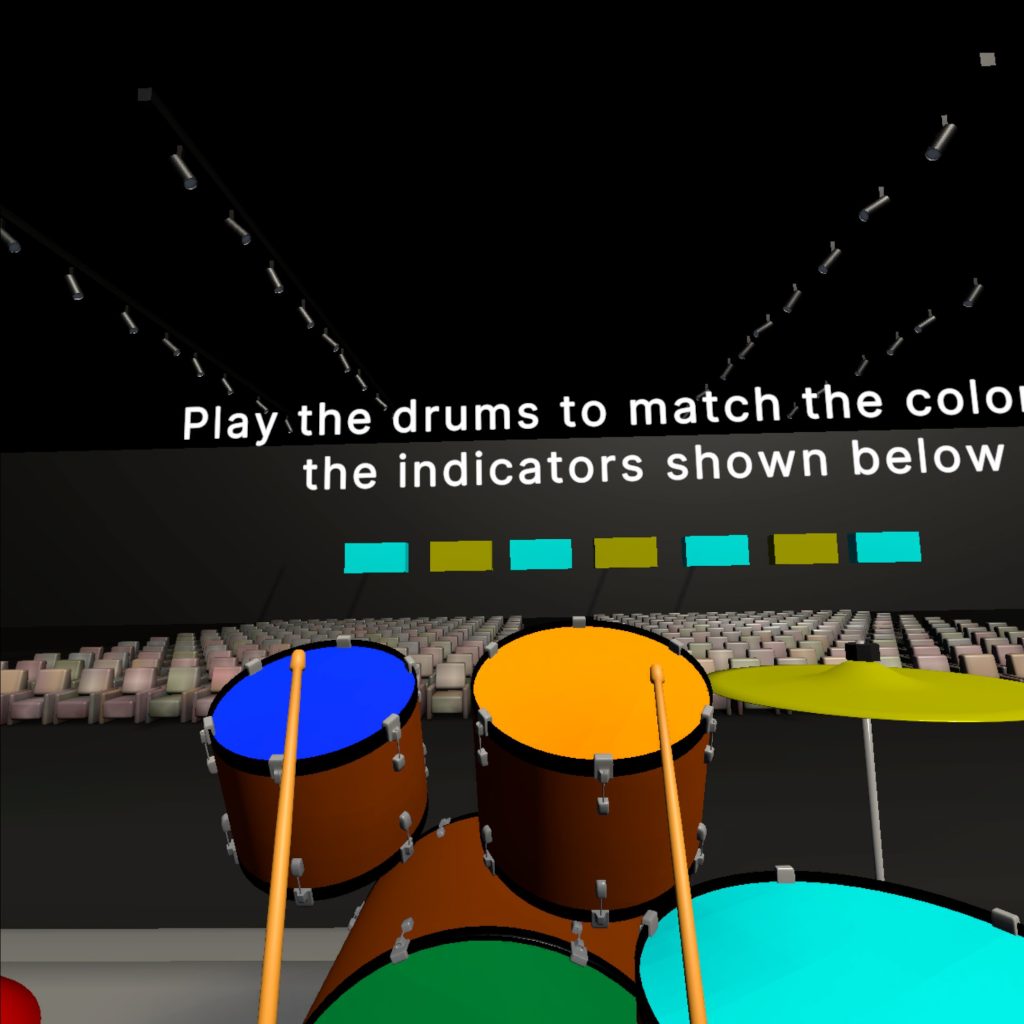Orbitz360
Using VR to Improve Mental Health and Wellbeing

Introduction
Virtual Reality (VR) is emerging as a valuable tool in mental health treatment, offering immersive experiences that aid in therapy for conditions such as anxiety, depression, PTSD, and phobias. By providing safe, controlled environments, VR therapy is changing the landscape of mental health support.
1. Exposure Therapy and Phobia Treatment
VR allows therapists to guide patients through exposure therapy in a safe virtual environment. This can be especially effective for phobia treatment, where patients can confront their fears in a controlled, gradual way that feels real but is completely safe.
2. Mindfulness and Relaxation through VR
VR can transport users to calming, serene environments, promoting mindfulness and relaxation techniques that help manage stress and anxiety. VR-guided meditation sessions are also gaining popularity as they offer an immersive way to practice mindfulness.
3. Future Prospects of VR in Mental Health
As research progresses, VR’s role in mental health treatment will continue to expand. We may soon see VR being prescribed as part of therapy plans, helping individuals manage their mental health with a new, immersive approach.
Conclusion
VR’s potential in mental health treatment is vast, offering a new avenue for therapy that is immersive, engaging, and accessible. With continued innovation, VR could become a mainstream tool in supporting mental wellness.
Orbitz360 is proudly powered by WordPress
